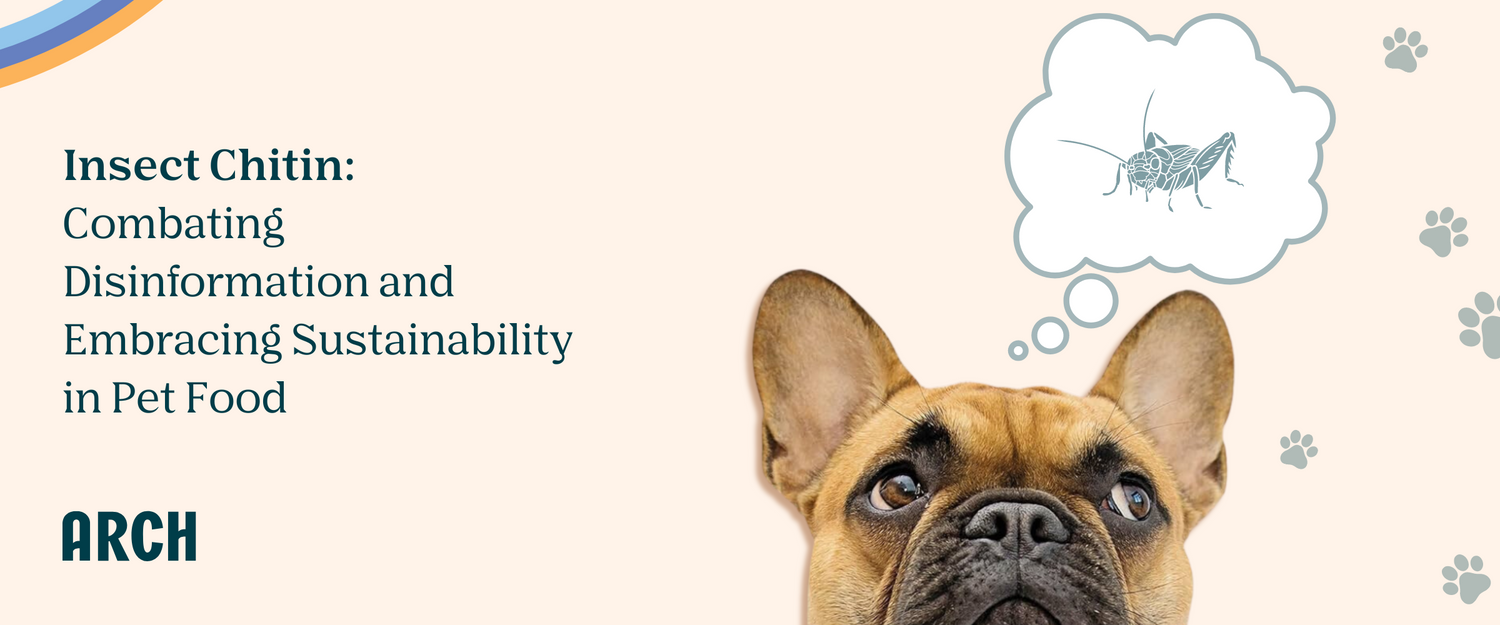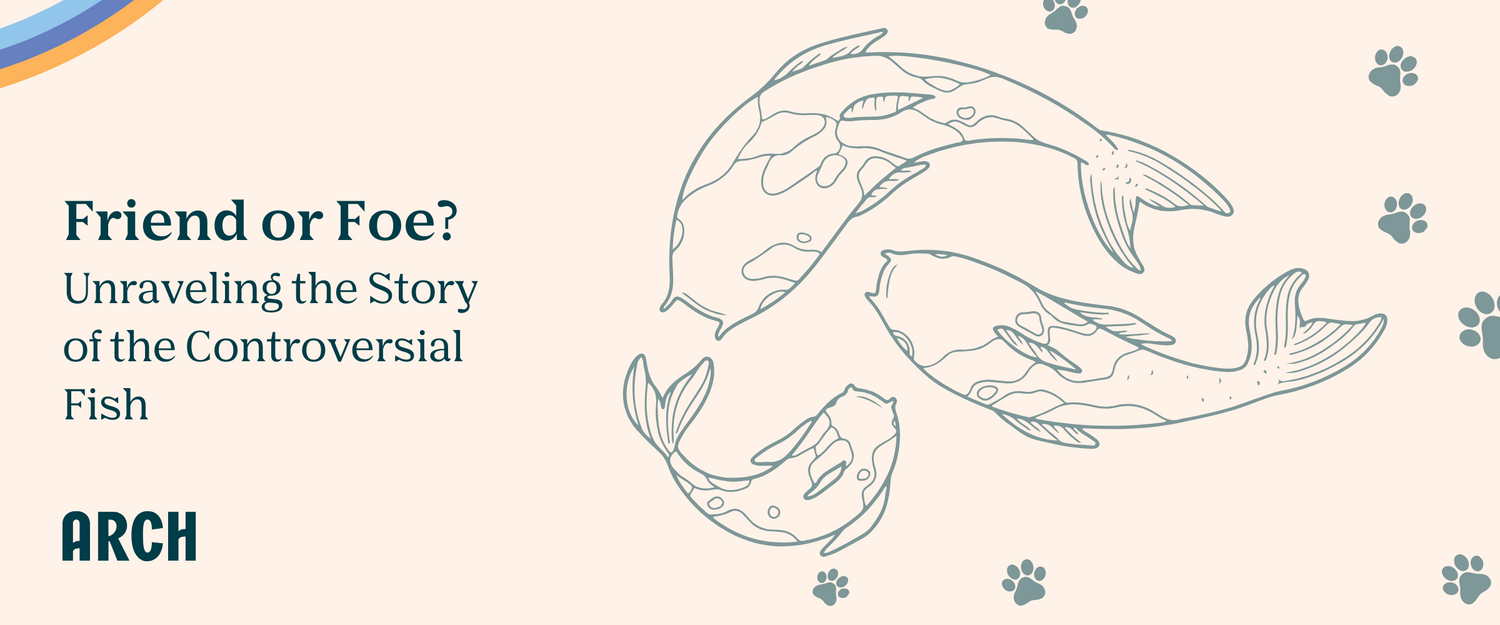One of the questions we receive on a regular basis is “how did this idea come about?” or put another way, “why are you all passionate about this?” Obviously, as a team of dedicated pet lovers, we have always cherished the bond we share with our pets. Our four-legged companions bring joy, comfort, and unconditional love into our lives and, when making a decision on their diets, we want the best for their nutrition, long-term health, and digestive systems (particularly as food sensitivities and allergens create a headache for many new pet owners).
For any new pet consumable brand, these are table stakes. In today’s article, I wanted to discuss our responsibility to assess the environmental challenges in the pet industry and their affect on the planet that sustains us.
The environmental impact of pets is often overlooked. As of 2023, pet ownership in the US reached 66% of households, an increase from 56% in 1988, and this trend isn’t going anyway any time soon: Millennials host the largest generational share and Gen Z are the fastest growing. So, what can we do to limit our dear friends’ environmental footprint? The greatest opportunity lies in carefully evaluating their diets. Let's start at the top:
- UCLA geography professor Gregory Okin found dogs and cats were responsible for up to 30% of the environmental impact of meat consumption in the US (The Guardian).
What are we doing to help:
- We use Crickets!
- Crickets are fantastic eaters and consume exponentially less water than beef (1:2000), chicken (1:600), and even soy proteins (1:3).
- Studies have also shown that cricket farming substantially reduces the emission of greenhouse gasses when compared to cattle or pigs and crickets devour organic waste (like banana peels and rice bran) which keeps their footprint at a minimum.
- Eco Friendly packaging!
- We don't make packaging out of any plastic but rather go out and ensure that it is made from recycled and biodegradable material so we can help our planet stay healthy.
Yet, amidst these daunting figures, our sustainable pet food company is weaving a different narrative:
- We source 80% of our ingredients locally, reducing carbon footprint by 25%. Each bowl of our food tells a story of supporting local farmers and minimizing environmental impact.
- Our recipes are crafted with ethically sourced meats and plant-based protein alternatives, reducing our reliance on resource-intensive livestock farming. We believe healthy pets can coexist with a healthy planet.
- Our packaging is crafted from 100% recycled materials and is fully compostable, meaning every bag nourishes your furry friend while leaving a footprint lighter than a paw print.
But why should you, the pet owner, care? It's not just about trendy choices or feel-good labels. It's about the legacy we weave for our furry companions and future generations:
- A healthier planet translates to a healthier life for your pet. Cleaner air, purer water, and a thriving ecosystem create a safer, richer environment for our furry family members to explore and enjoy.
- Every conscious choice, every bowl of sustainable food, becomes a thread in the tapestry of change. Collectively, we can rewrite the narrative of our planet, making a pawsitive impact for generations to come.
Our company is merely one needle in the grand tapestry of sustainability. But with each pet owner who joins us, we weave a future where vibrant greens replace choked cities, clean rivers dance through sunlit meadows, and our four-legged friends frolic in a world that sustains them with love and care.
Embrace the power of choice. Choose sustainable pet food. Choose to be a weaver of change. Together, let's ensure the tapestry of our future is one of vibrant life, boundless joy, and unwavering love for our planet and all its creatures, big and small.
Don't just feed your pet, nourish a better tomorrow.
Raw and Wet Food
The type of food we give to our pets is equally important. Current trends towards the humanization of pet foods (where products more closely resemble human food) or feeding them raw meat are likely to increase the environmental impact of owning pets. One study, published last year, suggested that feeding a 10kg dog (roughly the size of a standard Dachshund) wet food is associated with the equivalent of 6,541kg of CO₂ emissions each year. This equates to 98% of the total emissions of an average Brazilian citizen. By contrast, a dry food diet for the same dog would result in emissions equivalent to 828kg of CO₂.





